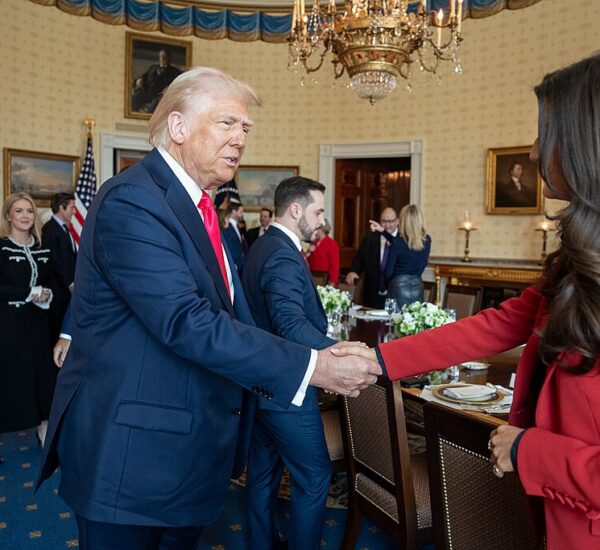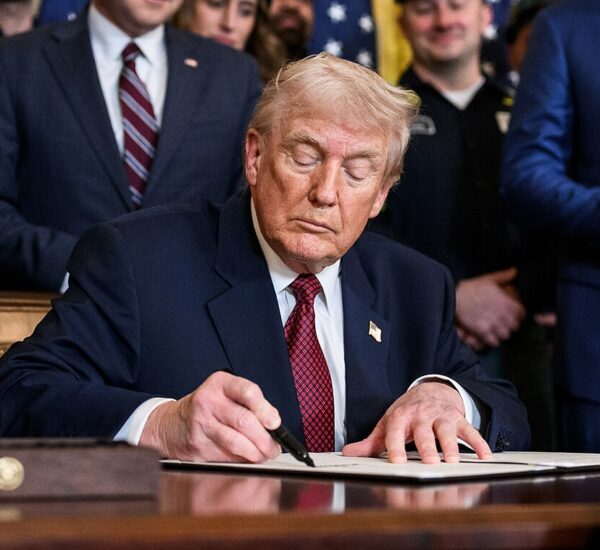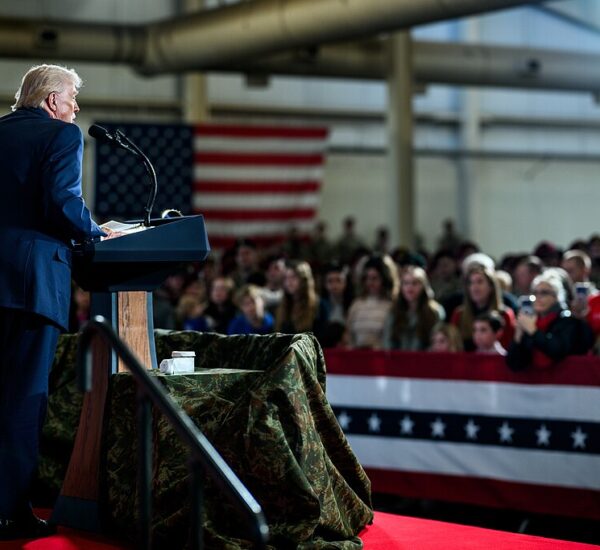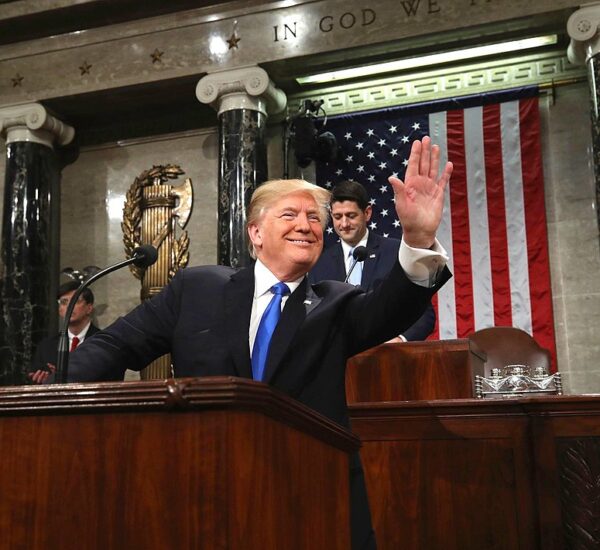Trump Withdraws The Troops
The Trump administration is now preparing to withdraw a significant number of National Guard troops from Chicago and Portland, according to multiple new reports. This marks an important shift in the federal government’s effort to restore law and order in cities that have struggled with rising crime, political unrest, and ongoing clashes over immigration enforcement. Two senior U.S. officials confirmed to The New York Times that the Defense Department has begun pulling back hundreds of Guard members after months of deployments to some of the nation’s most troubled urban areas. Approximately 200 California National Guard troops stationed in Portland and another 200 Texas National Guard members deployed to Chicago are expected to return home as early as Sunday.
For months, National Guard personnel were dispatched to Democrat-led cities including Los Angeles, Washington, D.C., Chicago, and Portland. The Trump administration argued these deployments were essential to counter violent crime, address weaknesses in sanctuary-city policies, and provide support to local authorities who were either struggling to maintain order or refusing to fully cooperate with federal enforcement. These deployments came during a period when many major cities were facing surges in violence, property destruction, and widespread public safety concerns—issues that continue to alarm millions of Americans nationwide.
Despite the federal government’s attempt to stabilize these communities, several high-profile Democratic governors pushed back aggressively. California Gov. Gavin Newsom and Illinois Gov. J.B. Pritzker were among those who criticized the deployments, attacking the administration’s law-and-order approach rather than acknowledging the ongoing crises within their own states. Pritzker went so far as to express outrage on the social platform X, insisting he had not been consulted about the decision to deploy troops to Illinois or other locations. In a lengthy post, he accused President Trump of sending in out-of-state Guard personnel without proper coordination, even referring to the move as “Trump’s invasion”—a description that sparked controversy and drew strong reactions from supporters of the administration.
The governor claimed that the effort began with federal agents, expanded into the federalization of Illinois National Guard members, and now involves Guard units from Texas. His criticism came despite repeated concerns from residents about growing crime, deteriorating public safety, and the strain on local resources—problems often linked to soft-on-crime policies and sanctuary-city protections backed by Democrat leadership.
As the withdrawal of National Guard units now begins, the move represents yet another chapter in President Trump’s commitment to restoring safety and security in cities where local leaders have failed to act. Many conservatives argue that the backlash from Democratic officials highlights the widening political divide over crime, border enforcement, and the role of the federal government in protecting American communities. With the Guard’s return already underway, the administration’s focus remains firmly on reinforcing law-and-order principles and supporting Americans who want safer streets, stronger borders, and leadership willing to confront the realities facing the country.






